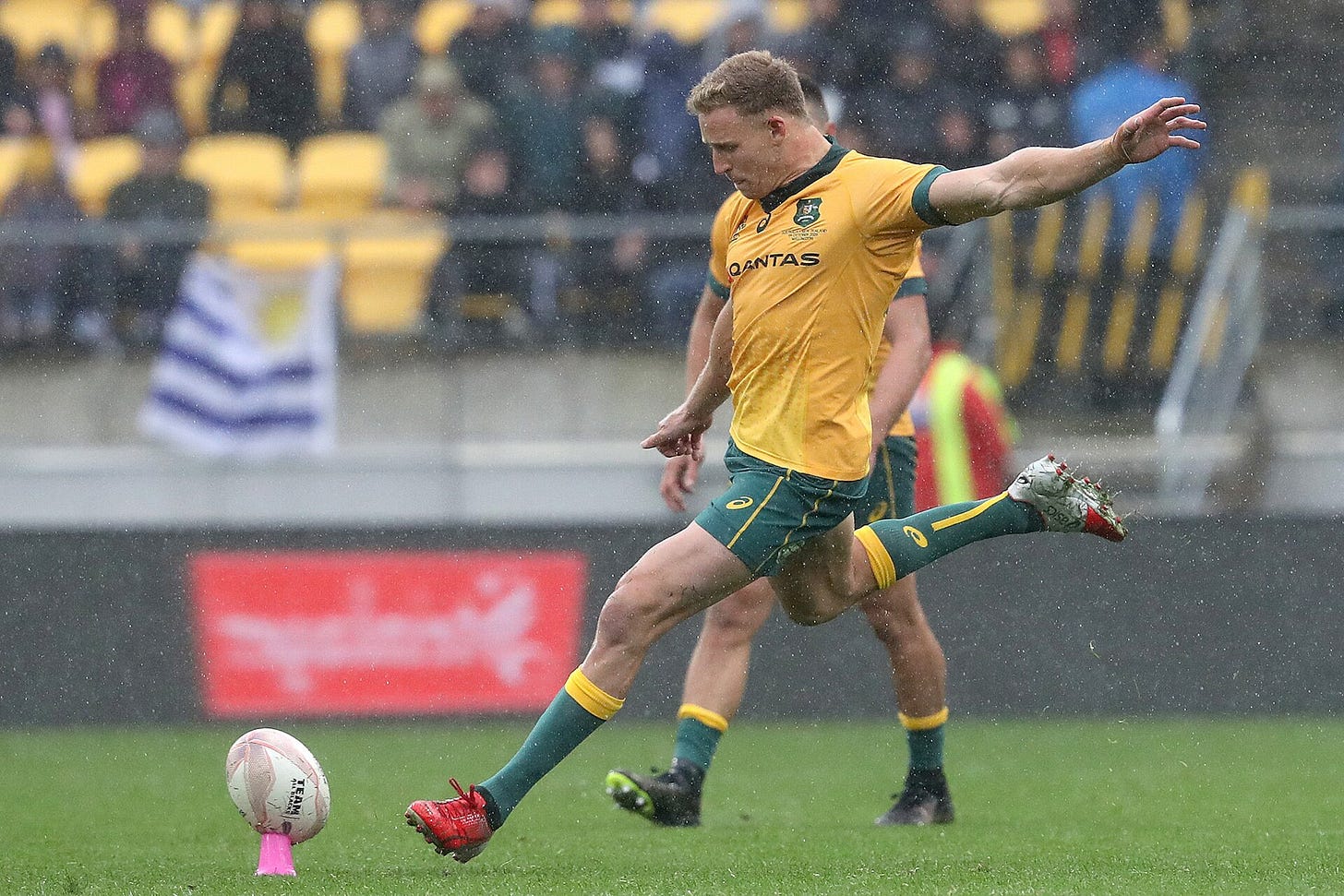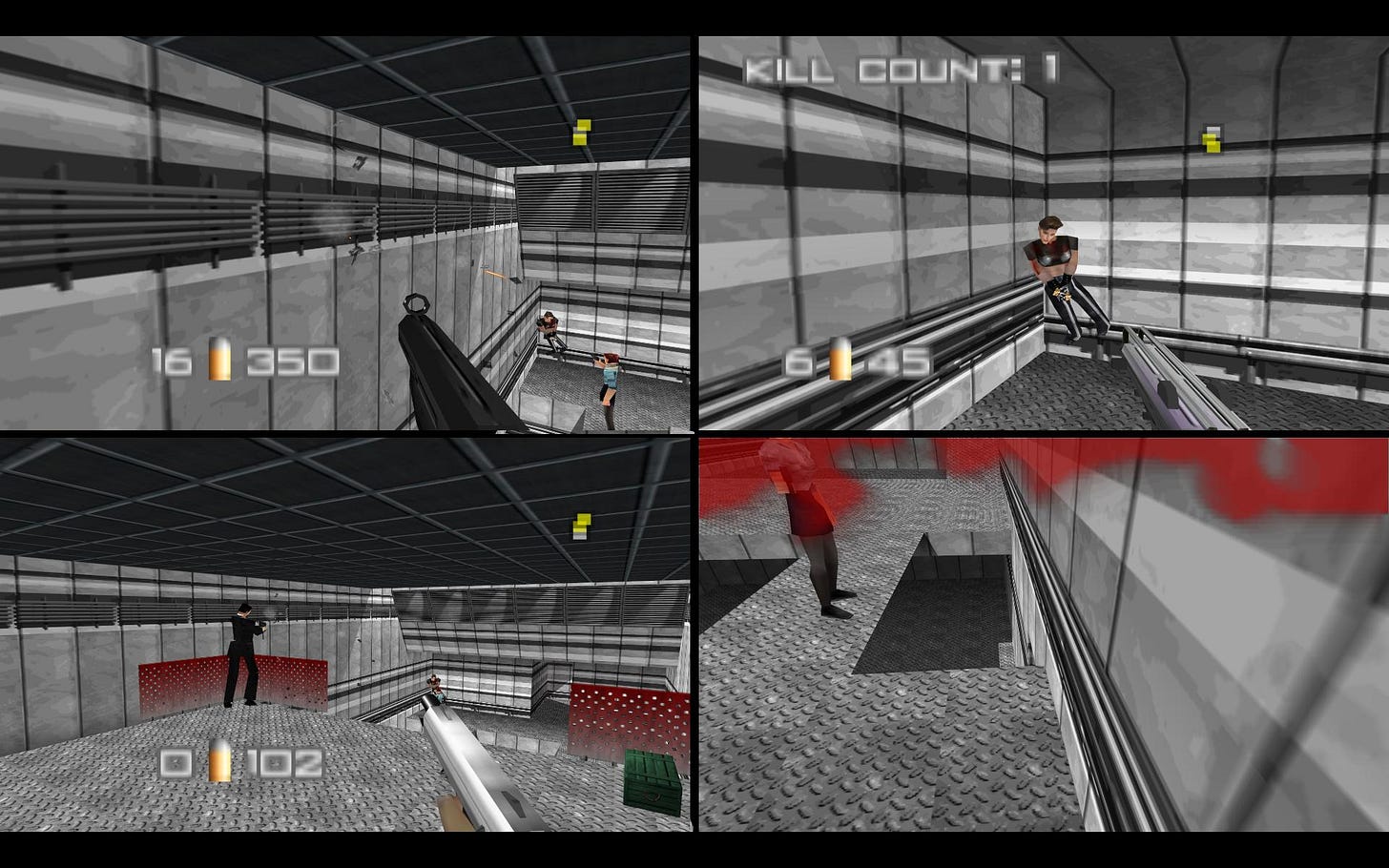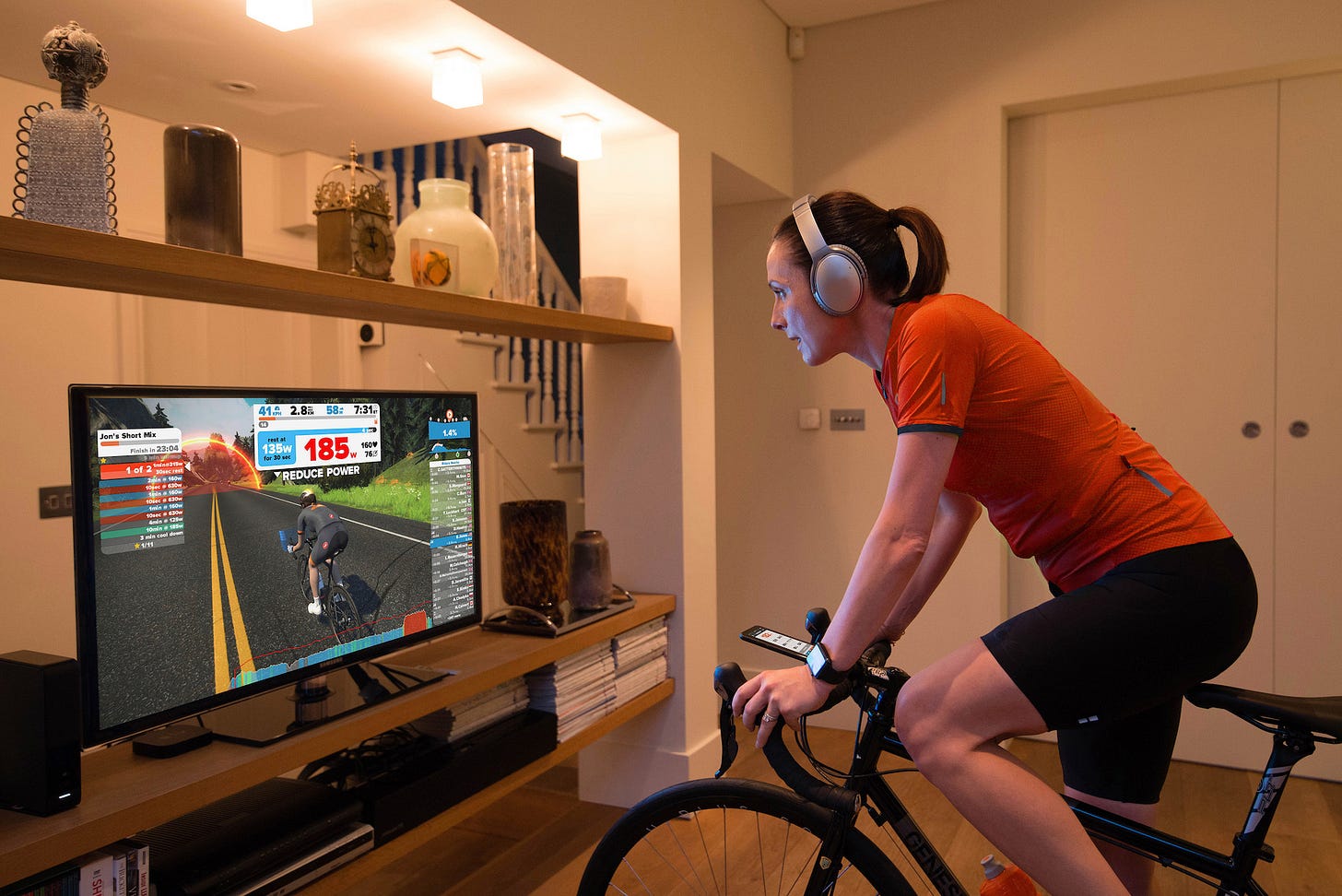Pointless criticism
and the threat to all sports
Earlier this week, I was sent a tweet by Rugby League commentator Andrew Voss, criticising the weekend’s round of Rugby Union Internationals.
And while Vossy’s enthusiasm for the game he loves is admirable, I was disappointed to see his pointless criticism of another code.
Admittedly the second half of the Wallabies vs Argentina test was dour (slippery conditions), but where were his tweets when Reece Hodge hit the upright in Bledisloe 1, nearly giving the Wallabies an epic win in injury time over the mighty All Blacks?
Like brothers in a backyard, some codes will continue to put the boot into one another, as they fight for their spot in the Australian sporting landscape.
However, I believe that in order for any code to thrive in the future, everyone needs to band together to fight an even larger foe…
A few years back, I was at a Sportsman’s dinner and I sat next to a woman high up at the Australian Sports Commission.
As we started talking, I brought up the topic of Rugby Union’s woes, as I was keen to hear her take on things.
Dwindling crowd numbers, broadcasting issues, rapidly decreasing child participant rates, the list goes on.
But as I began rattling off the issues she stopped me and said “Ben, those aren’t the real issue”.
“What do you mean?” I said confused, adamant I understood what was plaguing the game.
“What’s plaguing Rugby Union is plaguing all sports”
“What is it?”
“E-sports”
I was shocked.
As a father to 3 girls, my biggest concern for their future is when the time comes for them to join social media platforms like Instagram, and how these sites lead to teenage girls constantly comparing their bodies and looks.
But if I had a son, video game addiction would be at the top of my list.
Now to be clear, I’m not bagging video games. I love them. But I’m attempting to highlight the negatives of the ever-increasing issue that is video game addiction.
I spent huge chunks of my childhood glued to my Nintendo 64 and in my Uni days, I once completed an 18-hour “Grand Theft Auto: San Andreas” binge, only momentarily stopping for the dunny or to grab some food.
And boy did I have a blast!
But despite being at the peak of my gaming powers, I failed all my uni subjects that semester and was nearly kicked out of the Brumbies Academy by current team manager Billy Swain for being overweight, unfit, and uncommitted.
Yet I remember still being proud as punch that my Uni bedroom contained a PS2, N64, GameCube, Xbox, and a PC all set up with the latest games and a comfy couch.
But the truth was… I’d become a complete mess.
And I fear the same is happening to many young males.
In the past, kids grew up wanting to be the next Michael Jordan, Kieran Perkins, or Steve Waugh.
But in order to become a sports star, you had to put in years of sweat and physical hard work (not to mention it helped if you’d had a win in the genetic lottery).
Nowadays, to become an e-star all you need is an internet connection, as kids growing up want to be the next Tyler ‘Ninja’ Blevins, who makes $500,000 per month playing video games.
The hero of the playground now is the one who got the most kills online and this is playing a huge role in the dwindling relevance of traditional sport.
Kids are also spending more time inside on their smartphones instead of getting outside to exercise, and in the process are missing out on Endorphins and Serotonin, key ingredients to helping any young male’s brain develop.
And while this is much easier said than done, until we as parents can help children find balance with video games, stories like 26-year-old Sydneysider Luke Munday’s will become increasingly common and sports participation rates will continue to dwindle.
But instead of leaving this issue in the laps of parents, the various sporting governing bodies need to up their game, as they play a huge role in working towards sports that are more accessible and engaging to the younger demographic while maintaining the highest levels of safety for the participants.
However, it’s not all doom and gloom as the exercise and sporting industries have begun to fight back in the attention economy war with inventions like Strava, Zwift and Peleton.
Not to mention the transition some Australian sports are making to streaming services, in an attempt to become more accessible to kids who spend most of their time on their phones and away from traditional ‘Free to Air’ TV.
Well done Rugby Union and Stan!
So Vossy, next time you reach for your phone to tweet something negative about another code, why not get your thinking cap on and start coming up with solutions to a problem that’s coming for the game you love.
Rugby League may one day thank you for it.







So Ben I have to ask... is E-sport Gaming? I can’t say I’ve ever heard of the expression. That’s not to say that it doesn’t drive me crazy that at least 2 of our 4 boys do it. And if they weren’t out there training through the week & playing on the weekends in winter (& playing touch footy & or Oztag through the the week in summer) I’d be extremely concerned!
When I was a kid I didn’t play any sports whatsoever as I didn’t consider myself coordinated enough to, but I lived at Jindabyne & unless it was raining, we were virtually never inside. We would be swimming in the lake, building cubbies, exploring the creek or keeping ourselves entertained with our friends in some other way. It was an idyllic childhood. I saw a hint of it through Covid lockdown with kids off their gaming and out building some cracker cubbies which was awesome to see
Thank goodness all our boys loved their sport & have played since under 9, but I think our involvement has definitely been a good thing. And something we have enjoyed immensely.
Intelligent response to the ignorant tweet from Voss. We certainly do have problems with Union but as you say, looking at the bigger picture, we aren't alone. I do believe Union has added problems - perception (and reality) of Private school focus, rules making the game too slow, power based in England etc etc. Always good to read your thoughts thanks Ben!